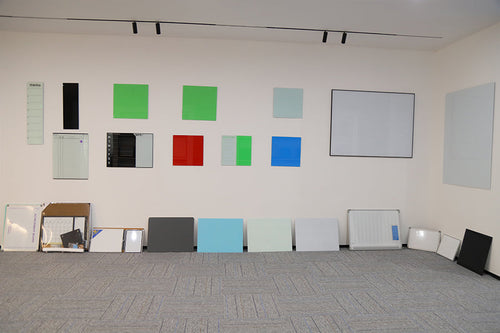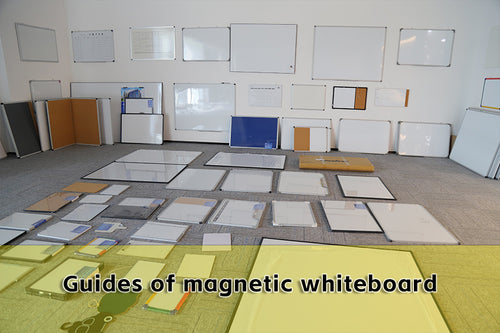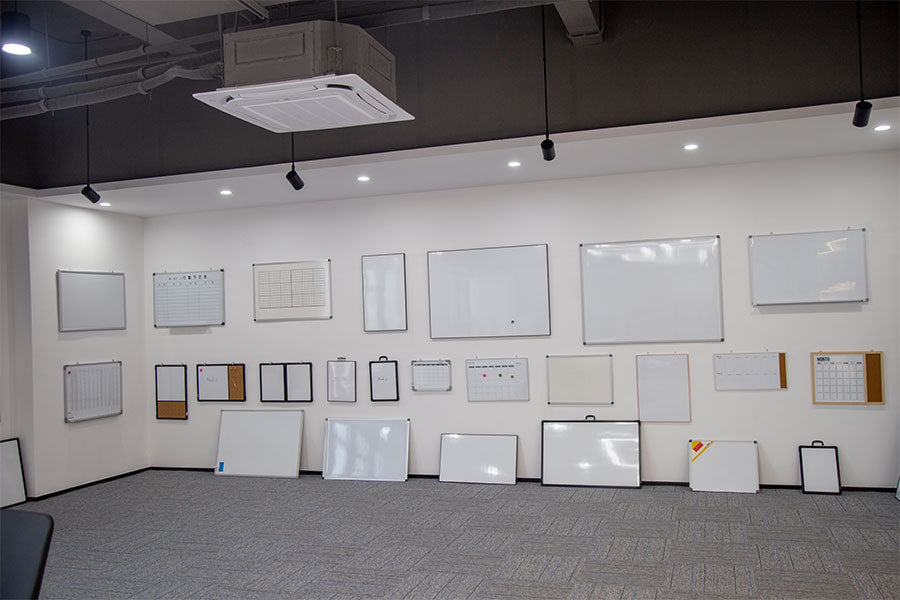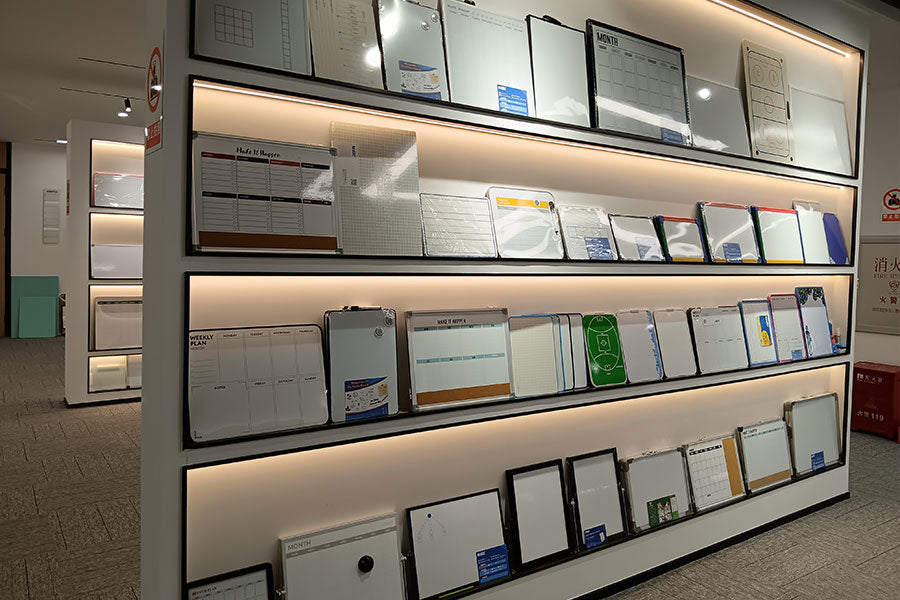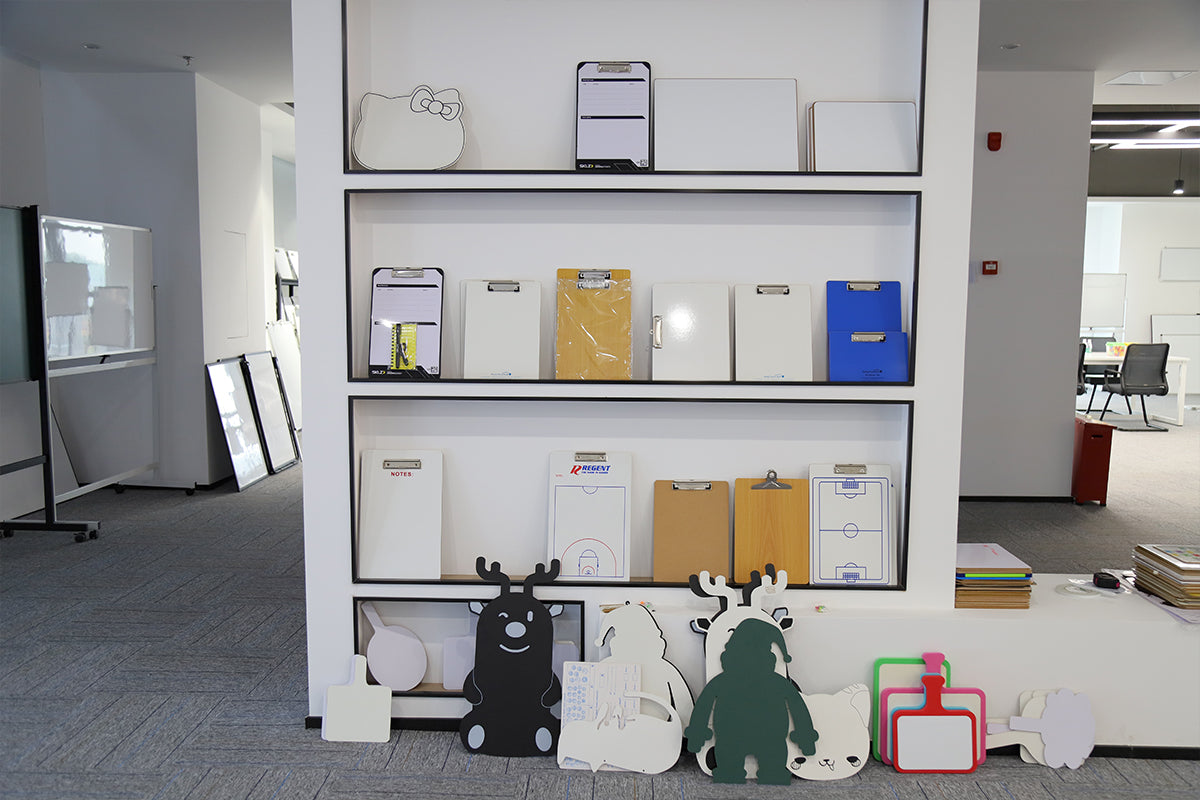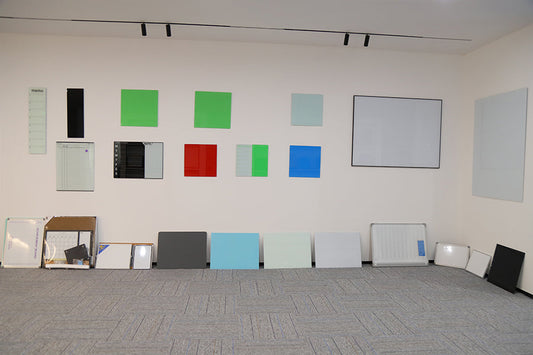Is magnetic whiteboard harmful to the human body?
Introduction
When it comes to whiteboards, the term "magnetic whiteboard" is commonly used. But is it really magnetic? In this blog post, we will explore the truth behind magnetic whiteboards and how they work.
The Composition of a Magnetic Whiteboard
Contrary to its name, a magnetic whiteboard is not actually magnetic. It is made up of several layers that give it the appearance of being magnetic. The construction typically includes a layer of corrugated paper, a layer of galvanized iron sheet, and a painted surface.
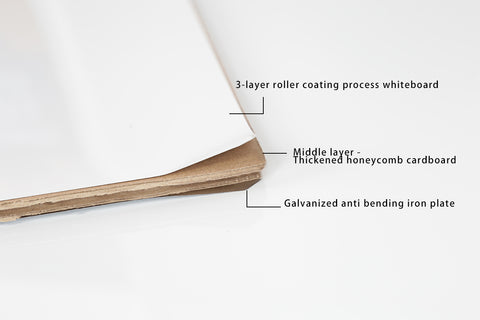
Why is it Called a Magnetic Whiteboard?
The reason behind the name "magnetic whiteboard" is the presence of the galvanized iron sheet. This sheet has magnetic conductivity, allowing it to attract magnets. Due to this magnetic property, the whiteboard is given the name "magnetic whiteboard."
Testing the Magnetic Property
If you place a small object with iron on a magnetic whiteboard, you will find that it is not adsorbed. This simple experiment confirms that the whiteboard itself does not possess any magnetic properties.
The Magnetic Buckle
Often, magnetic whiteboards are used with magnetic buckles. These buckles are small magnets, but their magnetism is minimal compared to the electromagnetic radiation emitted by computers and mobile phones. Therefore, the magnetic strength of the buckle has little impact on the human body.
Conclusion
In conclusion, a magnetic whiteboard is not truly magnetic. It is named as such due to the presence of a galvanized iron sheet that allows it to attract magnets. However, the whiteboard itself does not possess any magnetic properties. So, the next time you use a magnetic whiteboard, remember that its magnetism is only in name.

